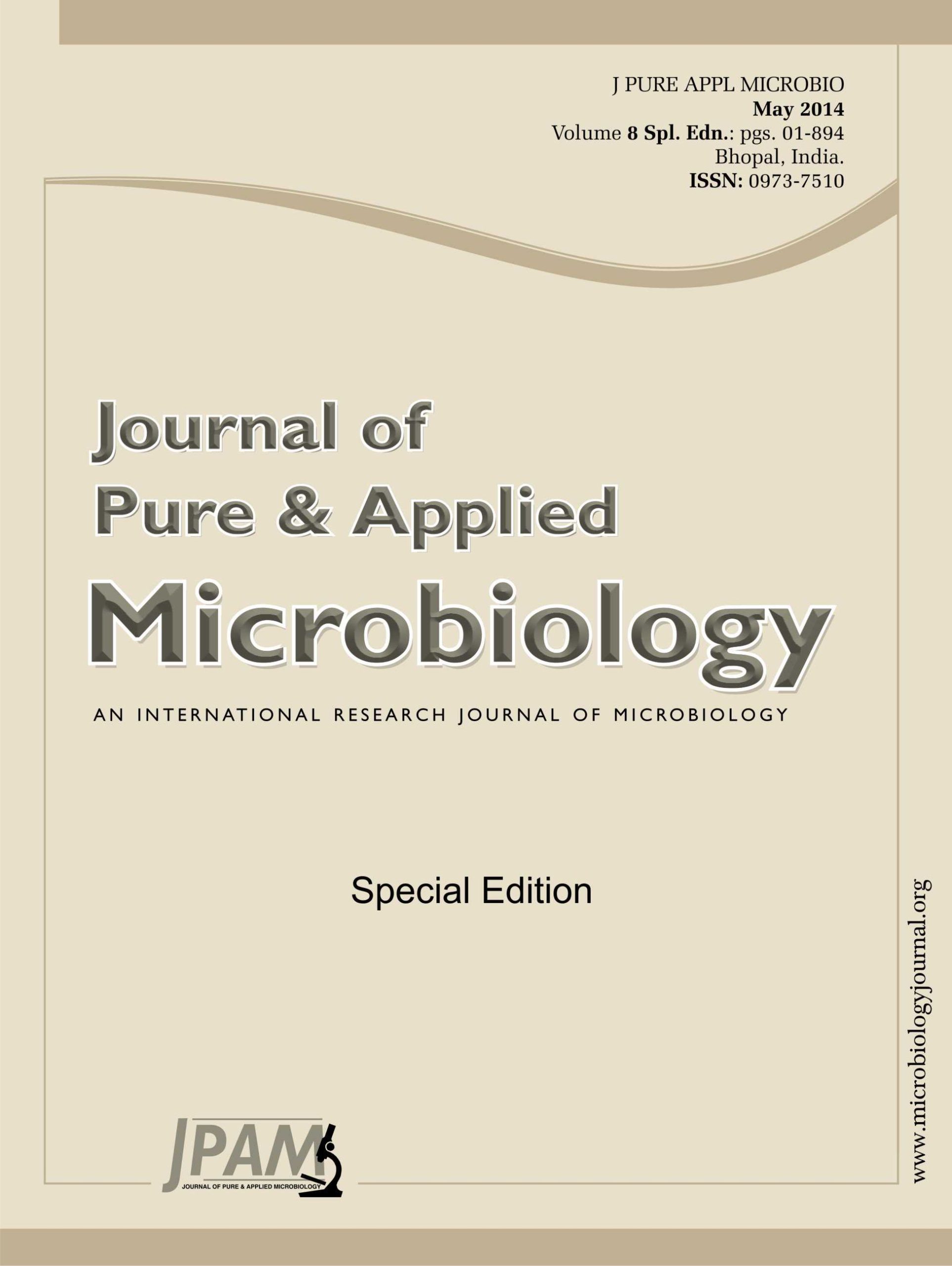From spoiled cooked ham, six kinds of spoilage bacteria were isolated and three isolates were identified as Bacillus through matrix-assisted laser desorption/ionization time-off light mass spectrometry (MALDI-TOF MS). The results were further confirmed by 16S rRNA gene sequencing method at the species level. All these strains were found to be highly resistant to potassium sorbate and sodium nitrite, but greatly sensitive to both e-poly-L-lysine and nisin. Biopreservatives, especially, e-poly-L-lysine exhibited excellent inhibition on food spoilage microbial growth, significantly superior to a single chemical preservative, presenting a potential of improving food safety.
ε-poly-L-lysine, Nisin, Potassium sorbate, Sodium nitrite, 16S rRNA, Biotyper
© The Author(s) 2014. Open Access. This article is distributed under the terms of the Creative Commons Attribution 4.0 International License which permits unrestricted use, sharing, distribution, and reproduction in any medium, provided you give appropriate credit to the original author(s) and the source, provide a link to the Creative Commons license, and indicate if changes were made.


